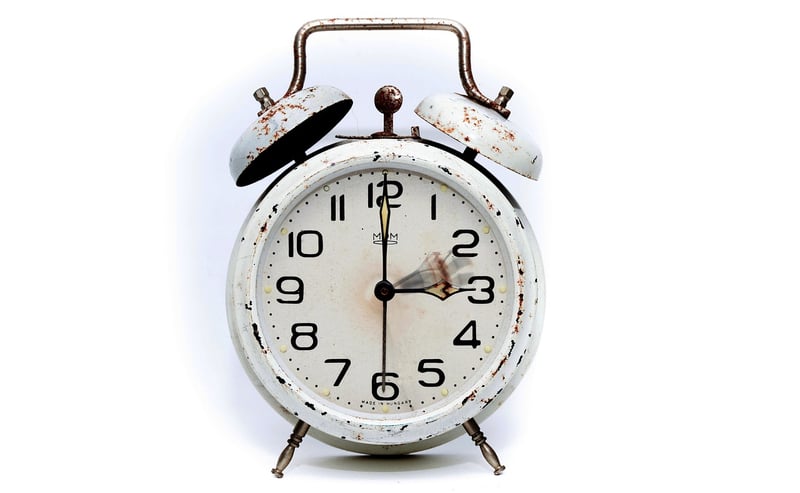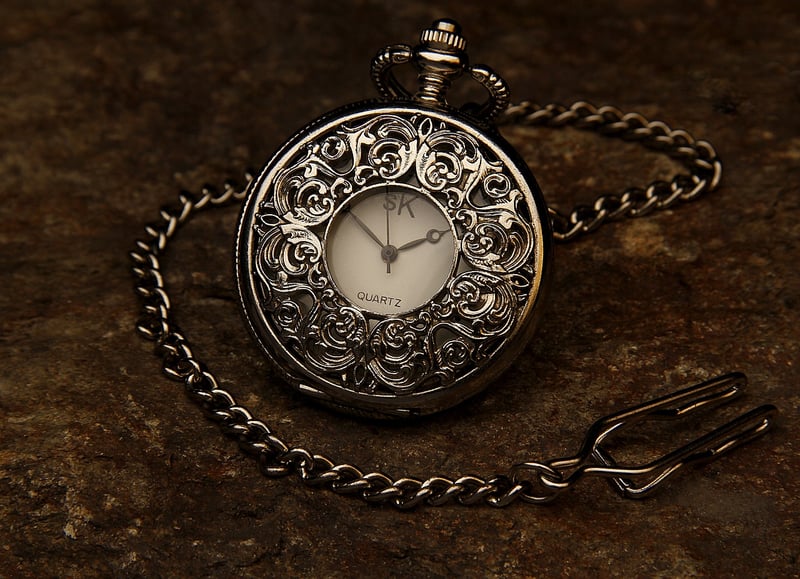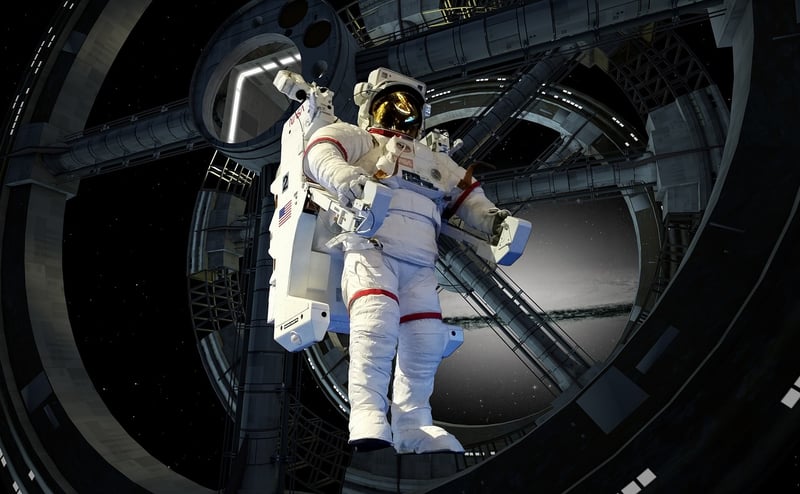Future Discoveries
Exploring Time Periods and Future Discoveries
Time is a fascinating concept that has intrigued humans for centuries. From ancient civilizations to modern scientific advancements, the study of time has played a crucial role in shaping our understanding of the world around us. Let's delve into different time periods and some potential future discoveries that could change the way we perceive time.
Ancient Civilizations
Ancient civilizations such as the Egyptians, Mayans, and Greeks had their unique ways of measuring time. The construction of sundials, water clocks, and calendars reflected their understanding of celestial movements and the passage of time. These ancient timekeeping methods paved the way for the development of modern clocks and calendars.

The Middle Ages
The Middle Ages saw the emergence of mechanical clocks in Europe. Monks in monasteries used these early timepieces to regulate prayer schedules and mark the passage of time. The development of clock towers in cities further standardized timekeeping across regions, leading to a more synchronized society.

Industrial Revolution
The Industrial Revolution brought about significant advancements in timekeeping with the invention of precision mechanical clocks and watches. This period marked the standardization of time zones and the establishment of Greenwich Mean Time (GMT) as the reference point for global timekeeping.

Future Discoveries
As technology continues to advance, scientists are exploring new frontiers in the study of time. Concepts like time dilation, time travel, and the nature of time itself are areas of active research. The discovery of new particles, like neutrinos, and their impact on time perception could revolutionize our understanding of the universe.

In the future, breakthroughs in quantum physics and the development of quantum computers may unlock the secrets of time at the smallest scales. Understanding phenomena like quantum entanglement and superposition could lead to revolutionary technologies that challenge our current notions of time and reality.
Exploring time periods and future discoveries not only sheds light on our past but also paves the way for exciting possibilities in the realm of time and space. As we continue to unravel the mysteries of time, we are bound to uncover new wonders that will shape the course of human history.
